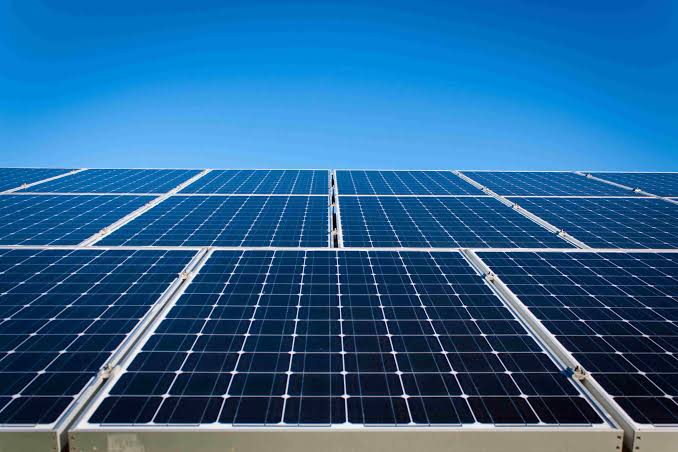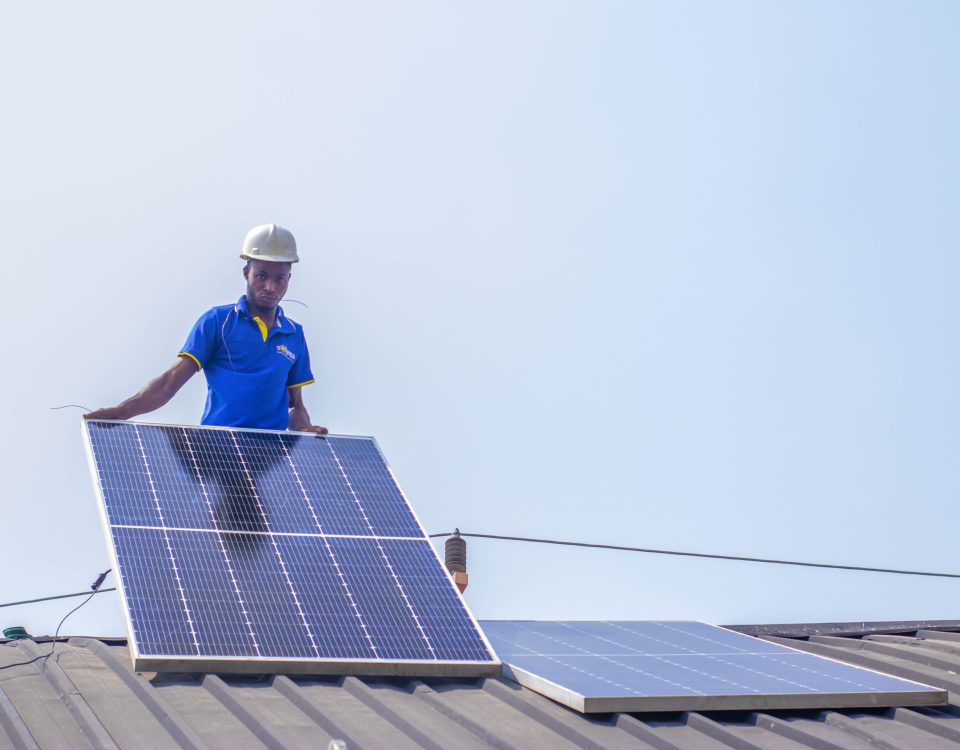Nigeria’s Renewable Energy Growth: Policies and Potential

Africa must prioritise cleaner fuels in net zero emissions targets
2021-07-28
Brief History of Solar Energy
2021-08-11Renewable energy is the order of the day and every household ought to source its power from it. Renewable energy, often referred to as clean energy, comes from natural sources or processes that are constantly replenished. For example, sunlight or wind that keeps shining and blowing.
Thank you for reading this post, don't forget to subscribe!Renewable energy has many benefits for the nations citizens. It is clean, and it is also the cheapest source of new power generation reducing the economic burden of energy bills by eliminating fuel charges. Nigeria’s ambitious plan is to have renewable energy comprising 30% of all energy supply in 2030.
The Nigeria government has several policies aimed at widening access to electricity and to support renewable growth. The government also encourages investment and usage of renewable energy.
Key Policies
- National Power Sector Reform Act 2005 (EPSRA) which seeks to improve electricity access in the country
- National Energy Policy (NEP) which establishes guidelines for the protection of the environment in the exploitation of Nigeria’s fossil fuels
- Renewable Electricity Policy Guideline (REPG) geared at removing the economic, regulatory and institutional barriers renewable energy providers encounter
- Renewable Energy Master Plan ( REMP) that aims to increase the contribution of renewable energyto account for 23% of Nigerian total energy consumption by 2025
The key policy from the list above is the REMP as it specifically promotes the expansion of electricity generated from renewables. It integrates the different sectors of renewables including electricity grids and off-grid electrical systems. In the short term, the plan has favourable policies with respect to importation duties. In the longer run, the plan ‘foresees the implementation of customs duty exemption for imported RE appliances, tax credits, capital incentives and preferential loans opportunities (iea.org)’
Key Benefits
The benefits that renewal energy can offer Nigeria as a whole are:
- Facilitating the creation of a Green Economy in Nigeria
- Reducing environmental degradation and health risks
- Stimulating empowerment, employment and economic growth
- Providing an alternative source of income that will accrue to organizations and governments
In recent years, the focus on renewables has become stronger and it is growing to become a focus of the Federal Government of Nigeria electricity policy. This has resulted in the introduction of policy and regulatory instruments geared towards stimulating favourable policy and investment in renewables. Whilst the renewable energy is still in its infancy in Nigeria, there is widespread acceptance that it will play a key part in providing a reliable and stable source of energy for the country.
Find out how you can benefit from solar power
Author: Nafisat Boboye




